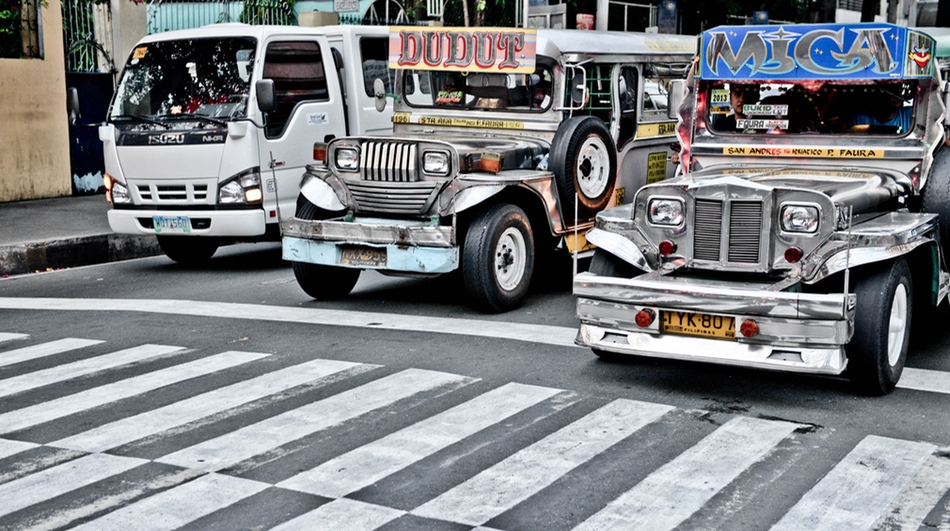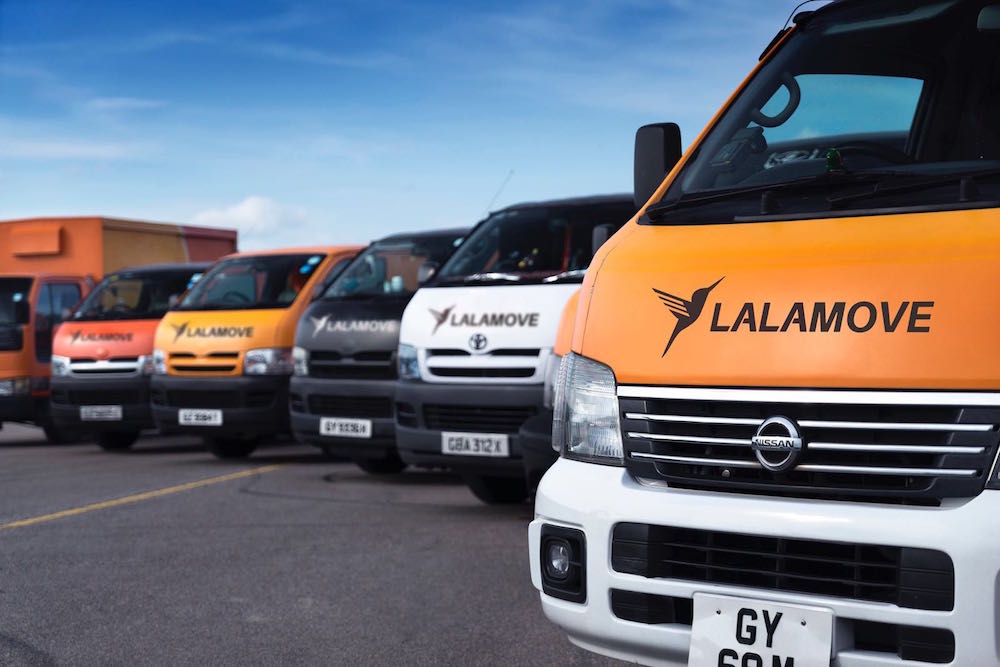
Manila’s iconic “jeepney” buses. Photo credit: Michael Davis-Burchat.
The Philippine capital, Manila, has the “worst traffic on Earth,” said Google’s Waze last year. That makes it a tricky place to run a business that depends on getting around quickly.
But that’s not deterring some startups.
“I still remember the first day I landed here I was stuck in a taxi for three hours just for an 8-kilometer ride. It was a Friday – and payday,” laughs Gary Hui, co-founder of Lalamove, which has just expanded its service to Manila.
Originally launched in Hong Kong, where the team is based, Lalamove has created an Uber-style network of trucks and drivers that individuals and businesses can tap for deliveries via a mobile app.
Two wheels and four
Despite the jams, Gary and his team are promising same-day deliveries for their service, which launches this week within manic Manila. As well as vans, it’s also using motorbike couriers for a local speed boost. Gary is confident that they can pick up a customer’s package within an hour of the request coming through the app.

Man with a van: Lalamove has expanded from Hong Kong to several Southeast Asian cities. Manila is the latest launch. Photo credit: Lalamove.
“In Bangkok, we started with a 45-minute lead time and have reduced it to just a few minutes,” Gary tells Tech in Asia, referring to the initial pick-up time. Aside from the Thai capital and this latest Philippines launch, the startup is gradually making its way across Southeast Asia, already running in mainland China, Taiwan, and Singapore.
The move comes as Manila, despite its commuting and mobility woes, becomes a new battleground for app-based delivery companies. Indonesia’s Deliveree recently made the leap, dubbing itself Transportify in the Philippines. A much smaller homegrown startup called Mober is also taking a shot.
Lalamove has the most muscle for the fight having received a total of US$30 million in venture capital funding.
“I think it’s great to see more and more new delivery platforms entering the Philippines,” adds Gary. “We’ve talked to a lot of businesses here and the common complaint on traditional delivery services is that they’re very unreliable. A lot of time a delivery would be delayed for weeks – and it is not rare that a package goes missing in transit. This definitely hurts the growth of ecommerce in particular.”
The startup is being used by some big-name brands as well as small businesses, with Google, IKEA, and McDonald’s among its largest clients. Over in Bangkok, it’s doing all the deliveries on behalf of Line, the popular messaging app that’s experimenting with online shopping.
This post ‘Uber for deliveries’ battle shifts to the city with the world’s worst traffic jams appeared first on Tech in Asia.
from Tech in Asia https://www.techinasia.com/deliveries-startups-philippines-new-battleground
via IFTTT
No comments:
Post a Comment